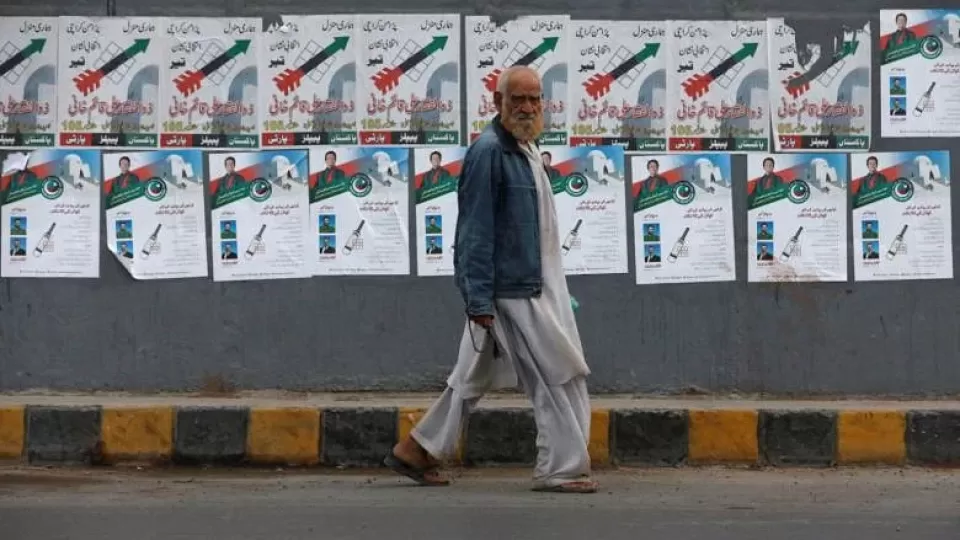March 6, 2023
ISLAMABAD – We finally have a firm date for the Punjab Assembly elections. After a protracted legal tussle over who would make the announcement and when elections could be held, which was recently settled by the Supreme Court, the president, in consultation with the Election Commission, has chosen Sunday, April 30, as the day lawmakers will be elected to Pakistan’s largest provincial assembly for the next five years.
In the context of Pakistan’s electoral politics, it is often said that whoever takes Punjab takes Pakistan. We can therefore anticipate an intense political battle in the lead-up to the polls. The announced date places the election on the weekend after Ramazan ends, which gives rise to some interesting questions. How will the parties manage their campaigns during a month that is usually devoted to religious activities? How will public sentiment be shaped by the fervent spirituality of the month? What will drawing-room debates be like during the Eid festivities?
Since the matter has been settled by the Supreme Court — the Constitution, in any case, had been abundantly clear about the timeline for elections to the assemblies — both the government and the state are now bound to extend every possible facilitation to the ECP. Excuses like shortage of funds and unavailability of personnel hold no water, considering that the electoral exercise is the central feature of parliamentary democracy as conceptualised in our Constitution.
The armed forces, too, should be ready to provide security to the polling process when and wherever it is requisitioned. The ECP, too, should fully prepare itself. Election day should not see any disorganisation or disruption in the voting, counting and results transmission processes. It is of paramount importance that these elections be held in an environment that offers a level playing field to all political parties and that the exercise itself is conducted in a fair and transparent manner.
Finally, it is the responsibility of all candidates and political parties to train and delegate polling agents to each polling station on election day, sensitise them regarding their responsibilities, and put in place an efficient monitoring mechanism to keep a check and balance on the counting exercise. These elections will, undoubtedly, be unprecedented in more ways than one. All efforts should be made, by all stakeholders, to keep them as free from controversy as possible.
There is still time for the political parties to sit down and agree on a code of conduct for the exercise. They must agree to some mutually decided conditions so that the results of the election do not end up being disputed. The ballot box is where all pending disputes should be settled. We have to start moving forward from the intense turmoil that has consumed Pakistan since last year. Let the contest begin.


